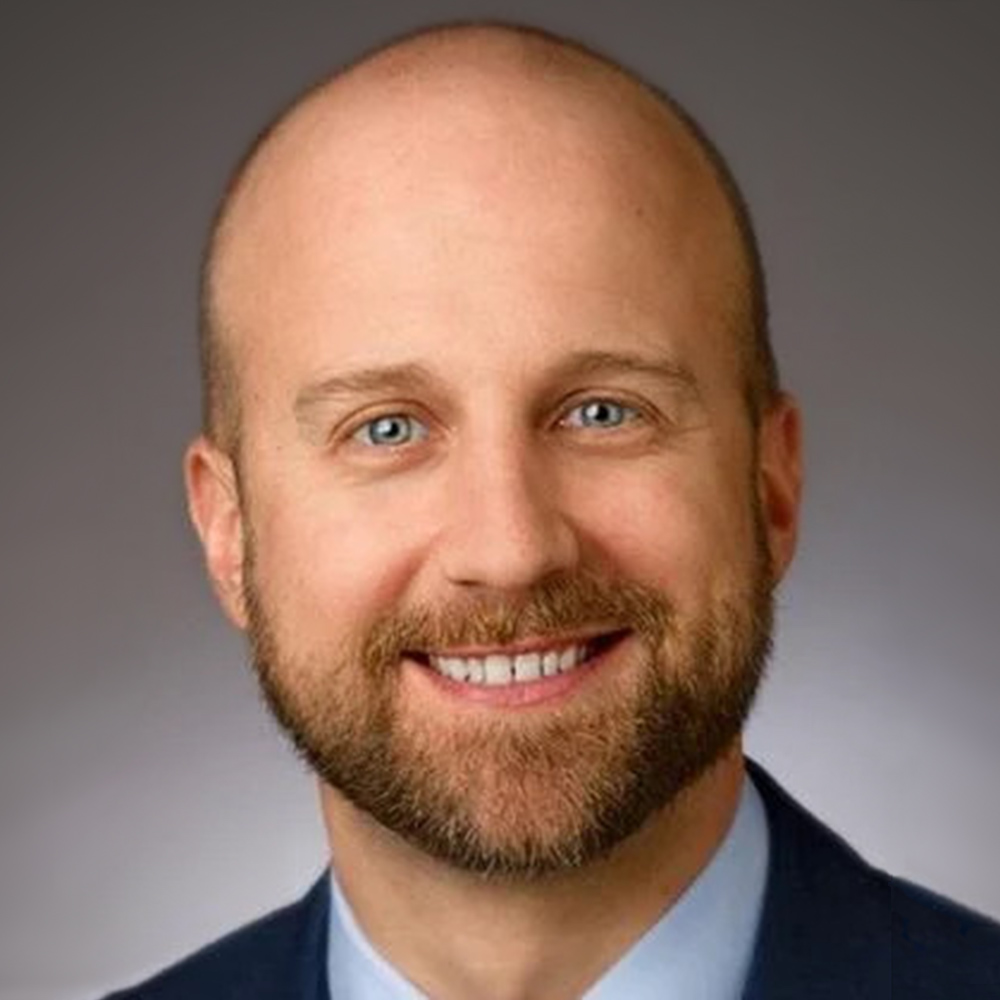Since 2014, Workit Health has been on a mission to make high quality care accessible, empowering, and adaptable for the 20 million Americans suffering from substance use disorder. This mission is guided by our core philosophy of patients as designers. In the first of a series of posts on our learnings and insights, our Chief Medical Officer Dr. Justin Coffey explains this philosophy and its impact.
Workit Health’s CMO Dr. Justin Coffey on the Workit Way
At Workit Health, I lead an impressive team of smart, passionate healthcare professionals who wake up every day with one thing in mind: to reduce the suffering that comes from addiction. How do we do that here? To be honest, it can be hard work. It can be complicated and frustrating. Every day, we’re forced to grapple with a powerful and serious disease as well as a broken healthcare system. But the work can also be deeply fulfilling. For us, it begins with our mantra: Patients as designers.
Our philosophy of care at Workit is to combine the power of technology with the expertise of individuals with lived experience. As daunting as our work seems on any given day, we believe we have the answers. Those answers come from our patients themselves—individuals suffering from addiction who know what they need and know how it would be most helpful to receive it, if only we listen—really listen—to what they’re saying.
What does that look like? Let me give you an example. As we all know, the COVID-19 pandemic has made telehealth the new normal. But well before the pandemic hit, Workit was pioneering telehealth for addiction care. We developed a model of care that takes a virtual-first approach. The success of that model paved the way for millions of people suffering from addiction to begin receiving the help that they deserve over their smartphones or laptops. How did we come up with that virtual-first model? That’s right: patients as designers.
Safe and effective treatments for addiction do exist. The trouble is that there are so many barriers that get in the way of accessing them. The first, of course, is stigma. There is still a tragic and completely unnecessary amount of shame that comes along with having an addictive illness, which makes going to the doctor’s office to get help terribly uncomfortable for many people.
The second barrier is a shortage of healthcare providers capable of providing high-quality addiction care, especially because it’s segregated from primary care and other aspects of general medicine. And what’s worse, even if the right providers are available, the right treatments may not be. There are strict regulations that still govern the prescribing of certain medications that we know save lives from deadly conditions like opioid use disorder.
Our patients-as-designers approach allowed us to rethink the way that high-quality care can be delivered. Workit’s model makes it easy. It brings that care right to the patient in the comfort of his or her own home. No shame. No judgment. Only convenience and easy access to a team of experts that are eager to help. As you can imagine, our virtual-first approach became a lifesaver (literally) for tens of thousands of people during the pandemic.
Our success in delivering world-class care in this way has been borne out in research studies whose findings mirror our experience. Many people prefer telehealth—fewer missed appointments, more time in treatment, and lower risk of overdose and death. We think that we’re onto something here at Workit. And we’re just getting started.






